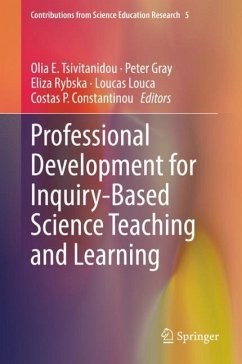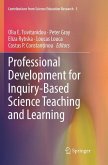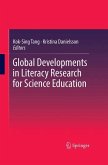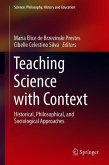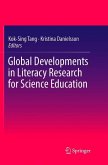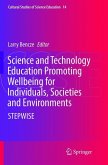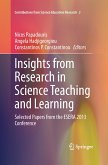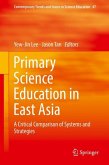This book examines the implementation of inquiry-based approaches in science teaching and learning. It explores the ways that those approaches could be promoted across various contexts in Europe through initial teacher preparation, induction programmes and professional development activities. It illustrates connections between scientific knowledge deriving from the science education research community, teaching practices deriving from the science teachers' community, and educational innovation.
Inquiry-Based Science Teaching and Learning (IBST/L) has been promoted as a policy response to pressing educational challenges, including disengagement from science learning and the need for citizens to be in a position to evaluate evidence on pressing socio-scientific issues. Effective IBST/L requires well-prepared and skilful teachers, who can act as facilitators of student learning and who are able to adapt inquiry-based activity sequences to their everyday teaching practice. Teachers also need to engage creatively with the process of nurturing student abilities and to acquire new assessment competences. The task of preparing teachers for IBST/L is a challenging one. This book is a resource for the implementation of inquiry-oriented approaches in science education and illustrates ways of promoting IBST/L through initial teacher preparation, induction and professional development programmes.
Inquiry-Based Science Teaching and Learning (IBST/L) has been promoted as a policy response to pressing educational challenges, including disengagement from science learning and the need for citizens to be in a position to evaluate evidence on pressing socio-scientific issues. Effective IBST/L requires well-prepared and skilful teachers, who can act as facilitators of student learning and who are able to adapt inquiry-based activity sequences to their everyday teaching practice. Teachers also need to engage creatively with the process of nurturing student abilities and to acquire new assessment competences. The task of preparing teachers for IBST/L is a challenging one. This book is a resource for the implementation of inquiry-oriented approaches in science education and illustrates ways of promoting IBST/L through initial teacher preparation, induction and professional development programmes.

